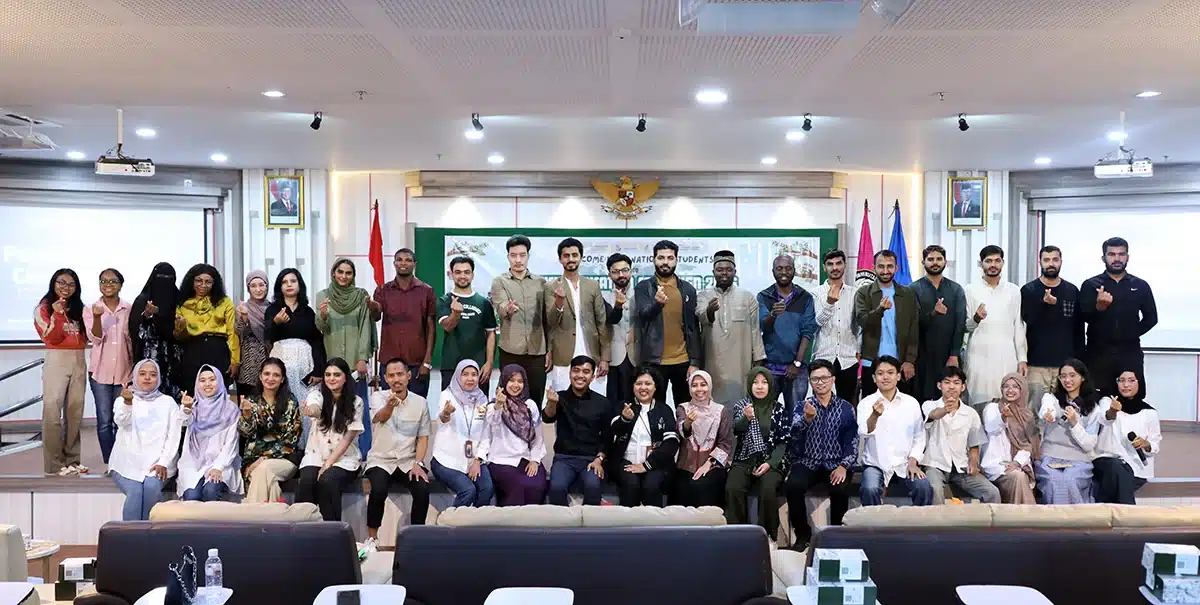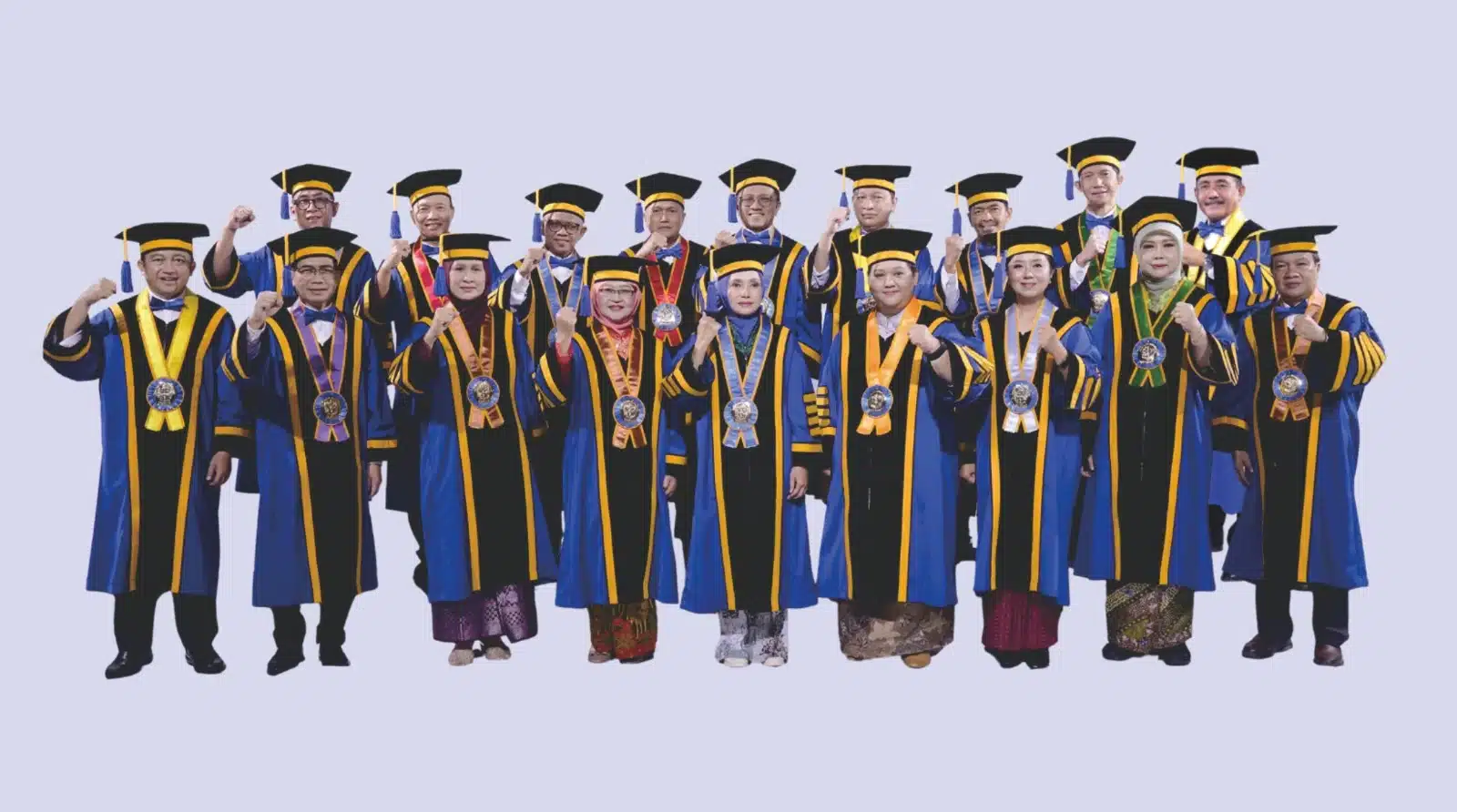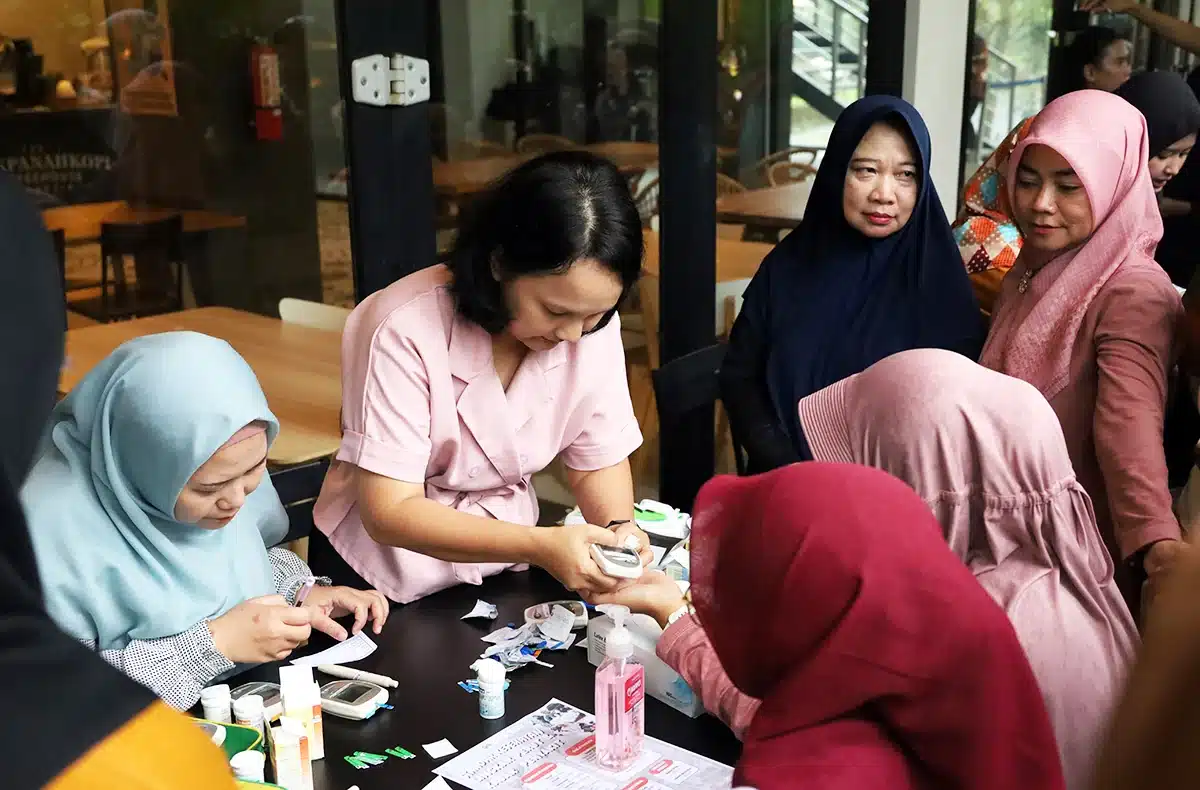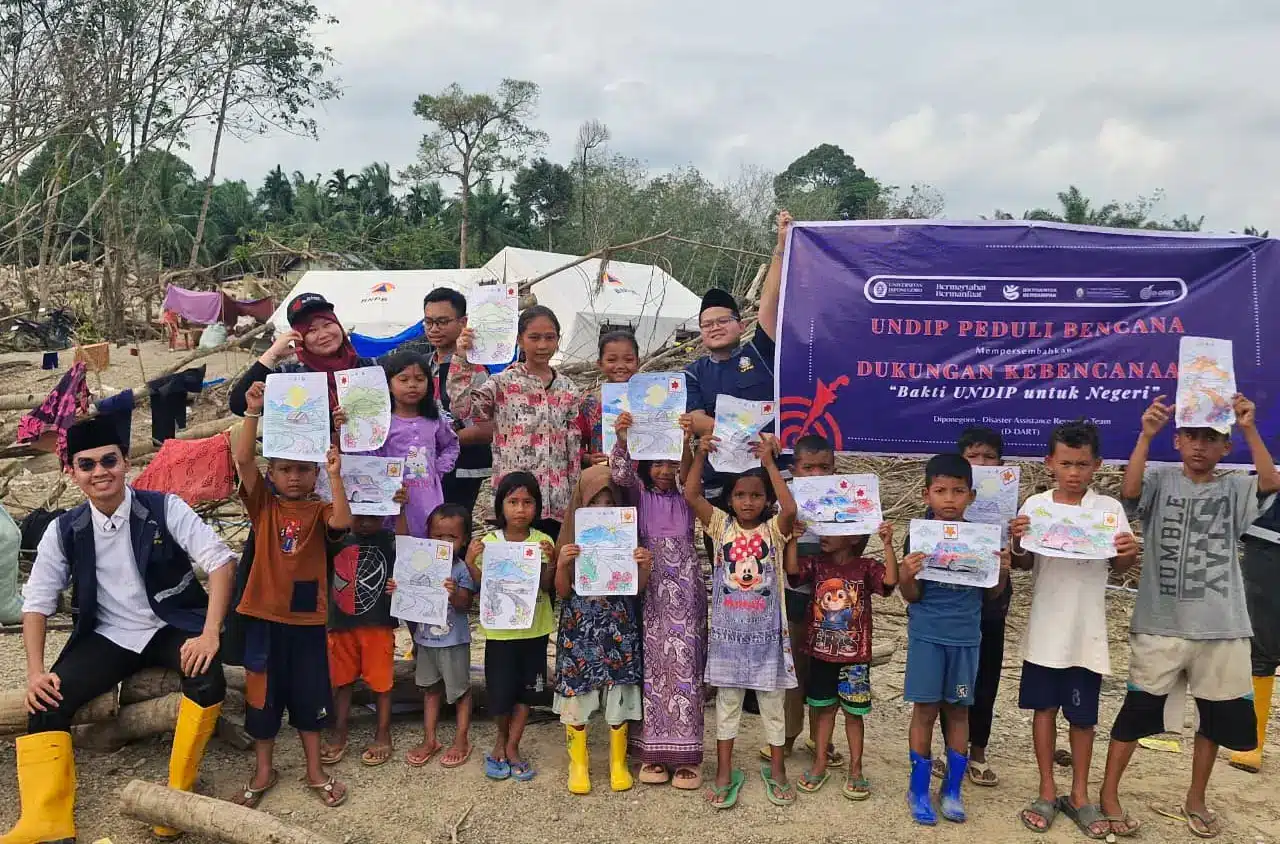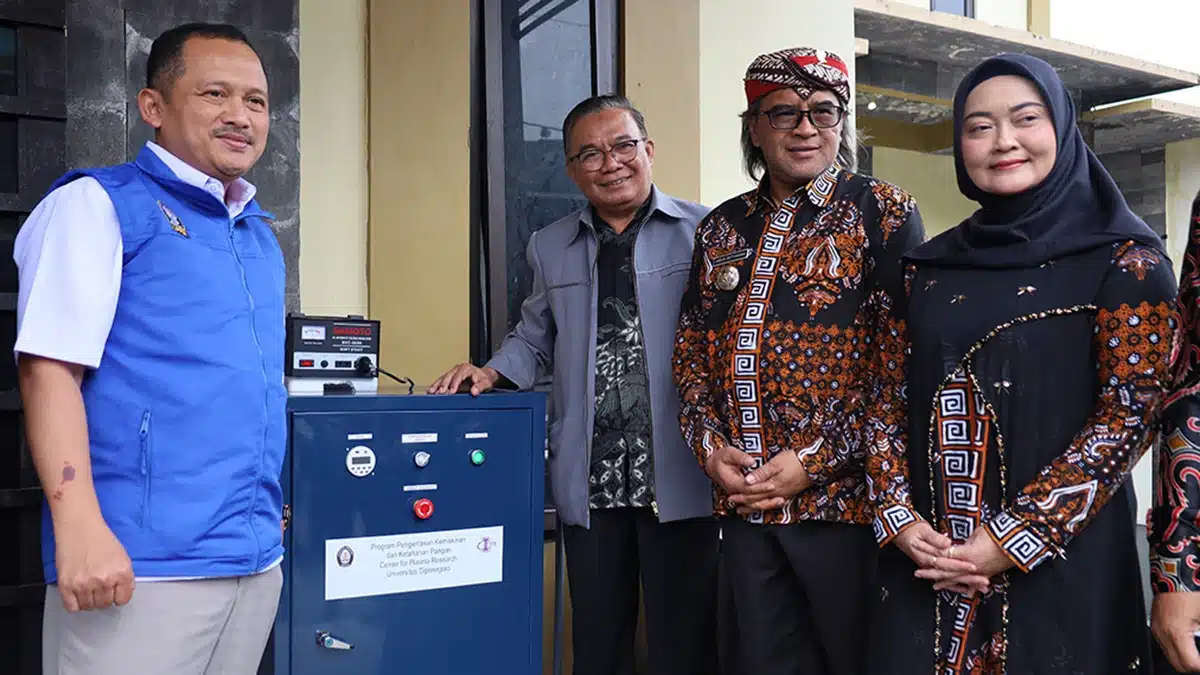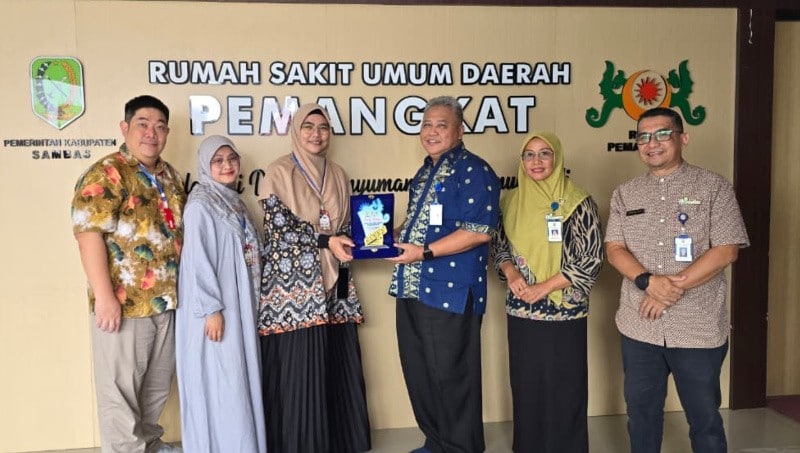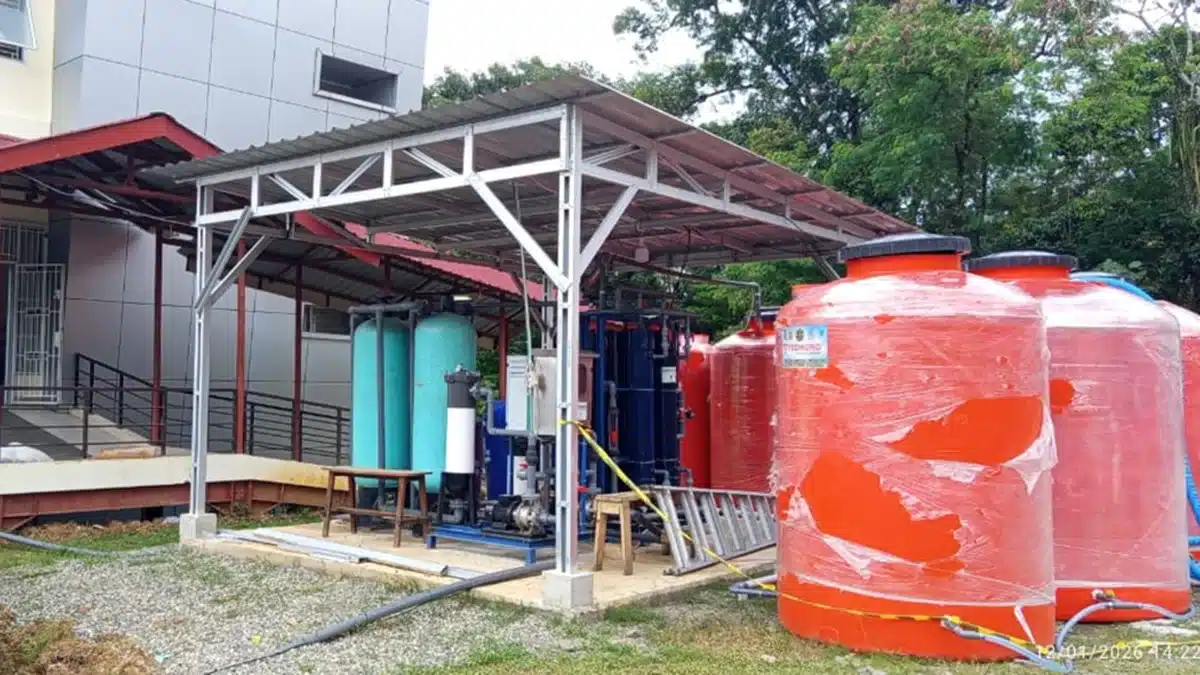Theme: Sustainable consumption and production patterns during the Covid-19 Pandemic
In the midst of the COVID-19 pandemic, the Diponegoro University Ranking Office held another SDGs Series 3 Webinar with the theme “Sustainable Consumption and Production Patterns in the Covid-19 Pandemic Period” on Thursday, May 28, 2020 at 10.00-13.00 WIB through Zoom application and Live YouTube. WEBINAR is a scientific seminar that presents speakers with their respective expertise to discuss and provide ideas and solutions for the implementation of Sustainable Development Goals. The presented speakers were Ir. Noer Adi Wardojo, M.Sc. Head of the Center for Environmental and Forestry Standardization, Ministry of Environment and Forestry (KLHK); Ir. Rachmat Taufik Garsadi, M.Sc, Head of the Economic Secretariat of the West Java Provincial Secretariat who represented the Governor of West Java; Prof. Ir. M. Agung Wibowo, MM, MSc, PhD., Dean of the Faculty of Engineering, University of Diponegoro; Dr. Timothius Lesmana Wanadjaya, Director of the Indonesia Cleaner Production Center (ICPC); Dr. Mulyoto Pangestu, PhD., Monash University, Australia.
In the introduction, the Head of the Diponegoro University Ranking Office Prof. Dr. Denny Nugroho Sugianto, ST., MSi. said that this series 3 Webinar is a continuation of a series of webinars conducted by Diponegoro University in order to continue partaking an active role in implementing Sustainable Development Goals (SDGs), which are a global development agenda consisting of 17 Goals . The event was opened by Undip Rector Prof. Dr. Yos Johan Utama, SH., M.Hum. and moderated by Prof. Dr. Ir. Purwanto, DEA as the Head of the Planning and Development Board (BPP) Undip. In his remarks the Rector of Diponegoro University said that the discussion of the SDGs topic during the Covid-19 pandemic was very useful to produce concrete solutions for the improvement and recovery of Indonesia’s condition in various sectors. He also hopes that this SDGs Webinar will produce guidelines that can be used as a reference for the improvement of Indonesia in the future.
Mr. Noer Adi Wardojo conveyed the roadmap for the phasing of Sustainable Consumption and Production interventions in various sectors in an effort to achieve the SDGs 12 goals. The second phase that ended in 2019 has produced several achievements including systemic changes in governance such as eco-office and green public procurement; changes in business processes such as sustainable resource efficient and cleaner production as well as setting community service standards at public facility posts. He invited all elements, especially Universities, to jointly pursue the implementation of SDGs 12 in a comprehensive and integrated manner. Meanwhile, the material from the Governor of West Java, which in this case was represented by the Head of the Regional Economic Bureau of West Java Province, Mr. Ir. Rachmat Taufik Garsandi, MSi. He explained the current condition of consumption and production patterns of the West Javanese citizen before and during the Covid-19 Pandemic. He also emphasized the importance of local government policies in implementing responsible and sustainable consumption and production patterns. A concrete example that has been applied in Central Java is the issuance of an irrigation area cropping policy which is an effort to maintain rice and crops production optimally, break the pest cycle and reduce soil acidity and maintenance of irrigation networks.
The Dean of the Faculty of Engineering, Prof. Agung Wibowo, delivered an analysis of changes in consumption and production patterns inside the community due to the Covid-19 pandemic, some of which lead to sustainable consumption and production patterns. In addition, he also conveyed the concept of New Normal Life which will last for and is possible to continue after the Covid-19 pandemic based on sustainable consumption and production patterns.
Also entertaining, Dr. Timotheus Lesmana as Executive Director of the National Cleaner Production Center delivered the concept of Resource Efficiency and Cleaner Production (RECP) as a Tool of Change for the Business World Towards Sustainable Consumption and Production Patterns. The implementation of RECP will be able to improve resource efficiency; reduce environmental footprints, improve corporate image, increase awareness, work environment & K3, better understanding of processes and waste, increase capacity to manage and minimize resource consumption, power, waste and pollution. He also opened opportunities for collaboration for academics in the formation of student chapters, applied research, development of competency-based training modules; and businesses to establish strategic partnerships, technical assistance, open access to sustainable finance in the effort to implement SDGs 12.
The last speaker, Dr. Mulyoto Pangestu from Monash University explained the pattern of consumption and production of sustainable animal protein from livestock during the Covid-19 pandemic. He also provided an example of the application of sustainable production in the field of animal husbandry.
The discussion on this webinar was very interactive as there were lots of questions raised by participants who took part in the live zoom of around 1,000 participants and through live YouTube (1,156 participants). According to a report submitted by the Head of the Diponegoro University Ranking Office, Prof. Dr. Denny Nugroho Sugianto, ST., MSi., the number of participants who took part in this webinar increased significantly from the previous webinar series, which was attended by 2,156 participants, of which 529 were from the government agencies / BUMN, 114 from private agencies, 19 from NGOs, 1,396 from higher education and 35 from school education (high school, junior high school, equivalent) spread in 34 provinces in Indonesia and several countries such as Malaysia, Japan, Australia, Thailand, Turkey, and USA.


